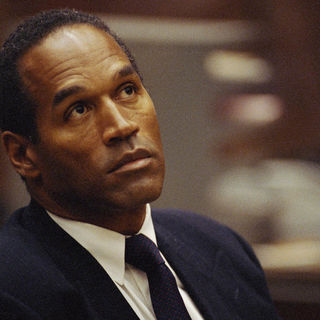
President Donald Trump
What Do Donald Trump and OJ Simpson Have in Common?
Neuroscientific trends are represented throughout history.
Posted August 22, 2017
The famed criminal lawyer F. Lee Bailey, now living above his girlfriend’s hair salon in Maine, was in the news this week. How Bailey went from arguably being the greatest criminal lawyer of his time to his current reduced situation is a tale of drug money laundering, $5 million in unpaid taxes, and bankruptcy.

In an interview, he suggested his downfall stemmed, at least in part, from bad feelings on the part of some about his representing O.J. in his murder trial. In contrast to the other lawyers on the team who refused to comment one way or the other, Bailey is willing to claim that O.J. was innocent.
The riveting trial was best known for the line “If it don’t fit, you must acquit” in reference to a glove believed linked to the murder. But the trial was really about the contrasting narratives put forth by the prosecution and the defense, both seeming to fit and explain the objective facts. The defense’s was more compelling and Simpson was acquitted.
In surveys conducted at the time, the vast majority of African Americans believed O.J. was innocent, while the majority of white Americans believed he was guilty. This speaks volumes about the power of narrative to shape perceptions and create reality. But then so does Bailey’s explanation for why he can no longer practice law.
The same situation now exists in American politics. Polls suggest that a small majority of voters believe that there was collusion between the Russians and the Trump campaign to “rig” the election, while a sizeable minority believe it is “fake news” and recognize, as Kelley Conway puts it, “alternative facts.”
Without wading into either the Trump or the Simpson controversy, as a trained literary critic, I must respect the power of the stories on both sides to define reality. And I guess the same can be said of the self-defining narrative of Bailey’s declining years.
While the belief has been around at least since Socrates taught it in the marketplace, neuroscience has now established that reality is more a function of what’s inside our heads than what’s outside. The narrative is what determines the inside — it is our mindset and it drives our decision-making and behavior.
Whether it’s in a court of law, the court of public opinion, or any arena where we want to persuade others, a well-crafted story is a huge competitive advantage. If you want to lead, sell, or transform a business, it’s the surest way to change minds.

